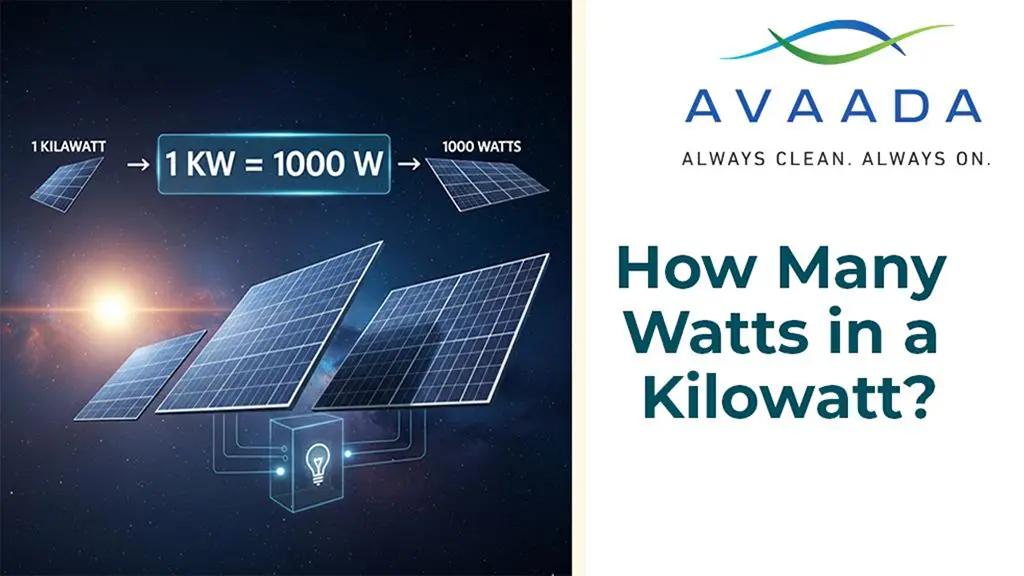Uttar Pradesh (UP) is at the forefront of India’s renewable energy industry with robust developments by Avaada Group, inaugurating its 1.5 GW Solar Module Manufacturing Gigafactory in Noida and the foundation for Avaada Electro’s 5 GW Integrated Solar Manufacturing Unit at Ecotech, Greater Noida. These groundbreaking initiatives place UP at the forefront of green energy and industrial growth, which is aligned with India’s Aatmanirbhar Bharat and Make in India movements.
Transforming UP into a Clean Energy Hub
With the increased interest in renewable energy, the Uttar Pradesh government took the lead in boosting the generation of solar power. The state aims at a capacity of 22,000 MW of solar power, and this will form a substantial share of India’s overall renewable power capacity. Besides reducing the carbon footprint, these actions are also enhancing energy security, creating employment, and attracting investment from major Indian solar players.
Avaada Group's Solar Innovation Commitment
Avaada Group is driving innovation through its 1.5 GW PV Module Manufacturing Plant at Dadri. Expertise in TOPCon N-Type bifacial glass-to-glass PV modules with the latest multi-bus bar structures (16 to 24 bus bars) for high module efficiency. With the capability to produce M10 as well as G12 cell modules, the factory has a staggering 1.2 GW annual capacity for M10 modules and 1.5 GW for G12 modules, manufacturing 5,800 high-grade solar panels per day.
Learn about Top 10 States in India for Solar Installation Capacity
The establishment of this Indian solar manufacturing company is a major step towards self-sufficiency in renewable energy production. Built in record time, the first phase of the gigafactory was commissioned in just 3.5 months, with fully commissioned module manufacturing lines and utility plants. This milestone places Avaada Group among the top 10 solar EPC companies in India, which speaks volumes about its focus on green energy solutions.
5 GW Integrated Solar Manufacturing Plant: A Game Changer
Avaada Electro’s upcoming 5 GW Integrated Solar Manufacturing Complex in Greater Noida will be a game-changer in India’s solar industry. Spanning over 50 acres in Ecotech-16, this world-class facility will produce high-efficiency TOPCon N-Type solar cells on a mass scale. The project, with a huge investment, is expected to generate over 3,000 jobs while attaining international certifications such as BIS, IEC, and UL to maintain global quality standards.
This initiative makes India an even more powerful leader internationally in solar projects in India. By promoting domestic manufacturing, the Avaada Group is ensuring that India moves closer to achieving its ambitious renewable energy goals while reducing reliance on imported solar panels.
Explore our blog on How India is Building a Self-Sufficient Solar Manufacturing Ecosystem
Driving Economic Growth and Sustainability
Avaada Group’s expansion is in accordance with India’s overall vision of achieving 500 GW of non-fossil fuel energy capacity by 2030. The growth trajectory of the group has been supported by a $1.3 billion investment in 2023 from Brookfield’s Energy Transition Fund and GPSC (a PTT Group, Thailand subsidiary). This massive financial support will enable Avaada’s solar and green hydrogen business to scale up to become one of the top solar companies in India.
With Uttar Pradesh transforming into a renewable energy hub and a solar manufacturing center, the state is attracting investment from a host of Indian solar energy companies. This is all noteworthy development in accelerating the nation’s transition towards new-age energy, reducing carbon prints, and providing clean energy all-pervasive.
Conclusion
Uttar Pradesh’s ambitious solar initiatives, led by the Avaada Group, are setting new benchmarks for the renewable energy sector. With cutting-edge technology, rapid project implementation, and an emphasis on sustainability, the state is paving the way for a greener and cleaner tomorrow. With increasing solar projects being initiated in India, UP’s efforts will go a long way in shaping the country’s energy landscape, reducing carbon footprints, and ensuring energy security in the long term.
With the encouragement of the government and the establishment of solar manufacturing companies in India, the future of clean energy looks rosy. Not only does this make UP a focal point in terms of renewable energy, but it also makes India reach its vision of becoming a world leader in solar power.









